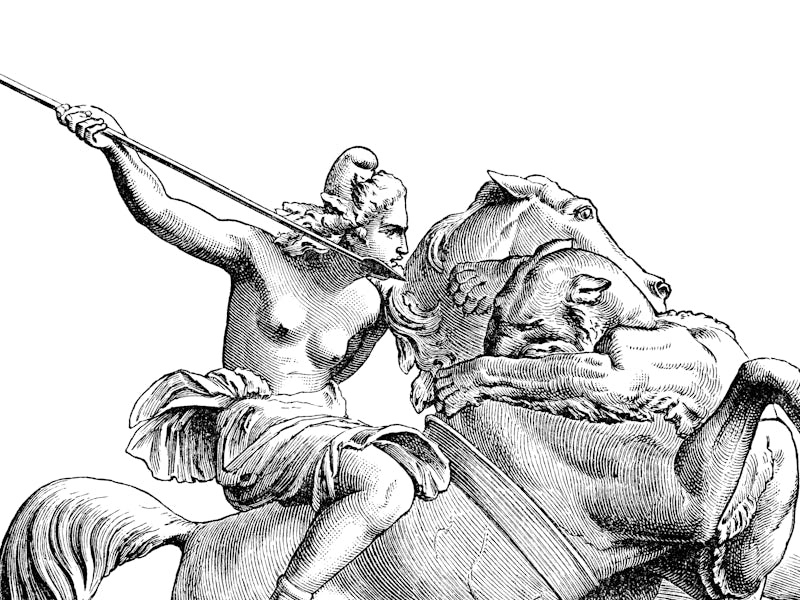Amazons and Wonder Women: Mythbusting human history
In this episode, we discuss how new discoveries are subverting prehistoric gender roles.

For centuries, scientists have unearthed myth-busting evidence about our primitive human past. Now, two new studies have researchers rethinking common ancient stereotypes.
Discovered deep within the mountains of Peru, the remains of a fierce female hunter prove prehistoric hunting wasn’t just a man’s game. Meanwhile, new research on the Amazons, the female warriors of Greek mythology, reveal what truly makes a warrior, confirming the existence of real-life “Wonder Women.”
Unexpected truths about forceful females of years past are not only turning fantasy into reality; they’re rewriting human history.
In this episode of The Abstract, we discuss how new discoveries are subverting prehistoric gender roles.
Our first story is about the ancient women who hunted big game alongside their male peers. With evidence suggesting the ranks of prehistoric hunters may have actually been close to 50 percent female, researchers are rethinking the structure of early hunter-gatherer societies.
Our second story is about the science behind the real-life “Wonder Woman,” and how it’s telling a new human story. As new genetic analysis highlights ancient female warriors, studies confirm the existence of the once mythical Amazon woman.
Read the original Inverse stories:
- Actually ancient big game hunters were women
- The science of real-life “Wonder Women” is rewriting human history
Where to find us:
- Subscribe to The Abstract wherever you listen to podcasts: iTunes | Spotify | TuneIn | RadioPublic | Stitcher
- Follow Sarah Wells on Twitter
- Follow Emma Betuel on Twitter
- We're hosted and produced by Tanya Bustos
—
Right now, facts and science matter more than ever. That's part of the reason for The Abstract, this all-new podcast from the Inverse staff that focuses exclusively on science and innovation. Three new episodes are released a week, and each covers one theme via two related stories. Each features audio of original Inverse reporting, where the facts and context take center stage. It's hosted by the Tanya Bustos of WSJ Podcasts. Because we're Inverse, it's all true but slightly off-kilter. It's made for people who want to know the whole story. —Nick Lucchesi, executive editor, Inverse